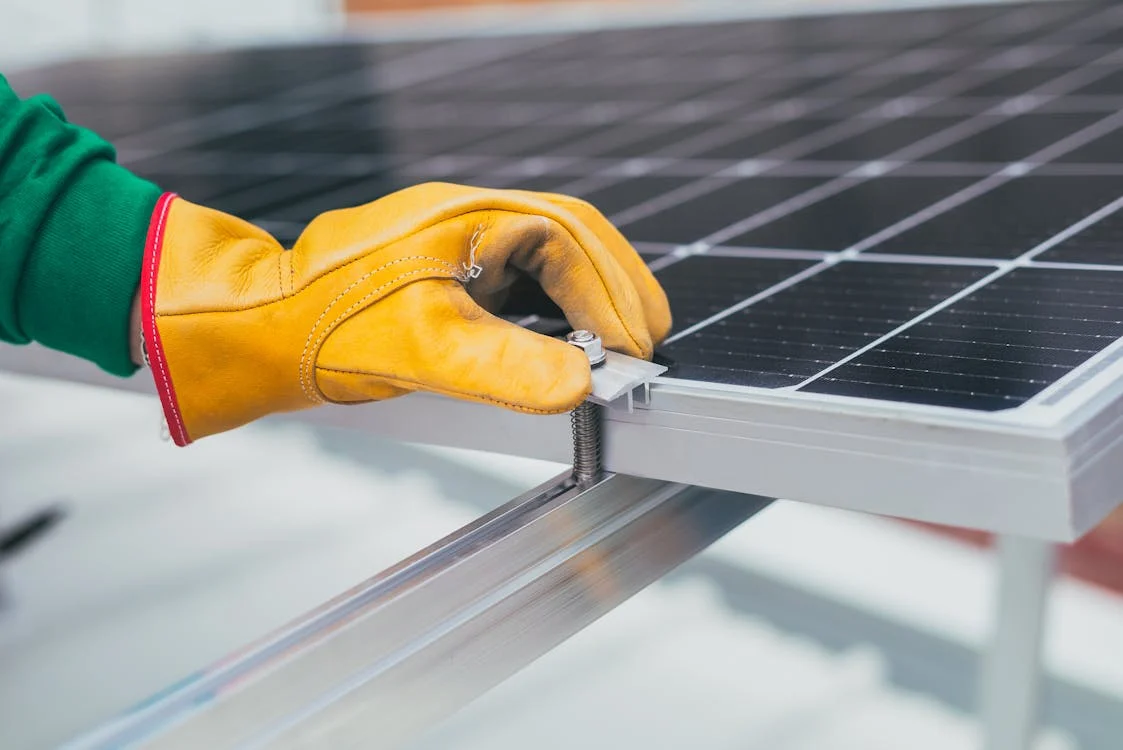With more Australians looking for clean, affordable alternatives to fossil fuels, solar power has become a standout solution. But a question that continues to come up is: Is solar renewable, or are there hidden environmental costs we’re not talking about?
The short answer is yes, solar energy is renewable. But let’s break down the true environmental impact of solar energy, and unpack the broader benefits of going solar for both your home and the planet.
Is Solar Energy Renewable or Nonrenewable?
Let’s get the basics right first. Is solar energy renewable or nonrenewable? Solar energy is considered renewable because it comes from a source that is naturally replenished: sunlight. Unlike coal or gas, the sun won’t run out for another 5 billion years (give or take), which means there’s an unlimited supply of solar energy waiting to be captured.
While there are some environmental impacts associated with manufacturing and installing solar panels, these are significantly lower than the ongoing emissions from traditional energy sources. Once installed, solar systems produce clean electricity for decades with no emissions during operation.
So yes, solar energy is renewable, and it’s one of the most promising clean energy sources available today.
How Environmentally Friendly Is Solar Power?
Going solar doesn’t just reduce reliance on the grid—it also dramatically cuts down carbon emissions. In fact, over its lifetime, a typical rooftop solar system can offset more than 100 tonnes of CO₂.
You may be wondering: can residential solar panels reduce emissions? The answer is absolutely. By using solar, you’re avoiding the use of fossil fuels like coal and natural gas, both of which release harmful greenhouse gases when burned.
And with Australian households among the world’s largest energy consumers per capita, switching to solar is one of the most impactful ways to reduce your environmental footprint.
What About Solar Panel Production?
Some critics argue that solar isn’t truly green because panel production involves energy use and raw materials. While that’s partly true, studies show that the energy used to manufacture a solar panel is typically “paid back” within 1–4 years of operation. Since most solar panels last 25+ years, the environmental return on investment is overwhelmingly positive.
Newer technology and improved recycling methods are also helping to reduce waste and emissions tied to production, making solar energy renewable not just in principle, but in practice.
More Than Just Green: Other Benefits of Solar
Aside from the environmental perks, solar offers a host of practical advantages. Curious about solar’s pros and cons? Here’s a quick snapshot:
- Pro: Reduced energy bills
- Pro: Increased energy independence
- Pro: Lower carbon emissions
- Con: Upfront costs can be high (though rebates help)
Solar can also make your property more attractive to future buyers. Do solar panels increase home value? In many cases, yes—especially in sun-rich locations like Australia, where energy efficiency is a selling point.
Final Thoughts: So, Is Solar Renewable?
In short: Yes. Is solar renewable? Without a doubt. It’s a clean, abundant, and sustainable source of energy that reduces emissions, lowers electricity costs, and supports a greener future.
While no energy source is completely impact-free, the long-term benefits of solar far outweigh its minimal drawbacks. By switching to solar, you’re not just making a smart financial choice—you’re making a meaningful contribution to the planet.
Looking to start your solar journey? Core Energy Solutions can guide you through every step, from system design to installation, so you can maximise your environmental and financial return.
